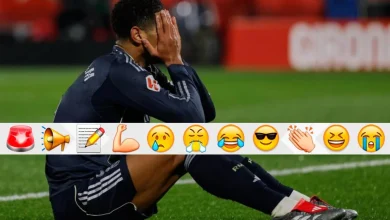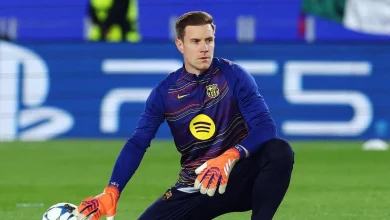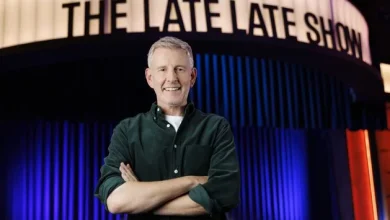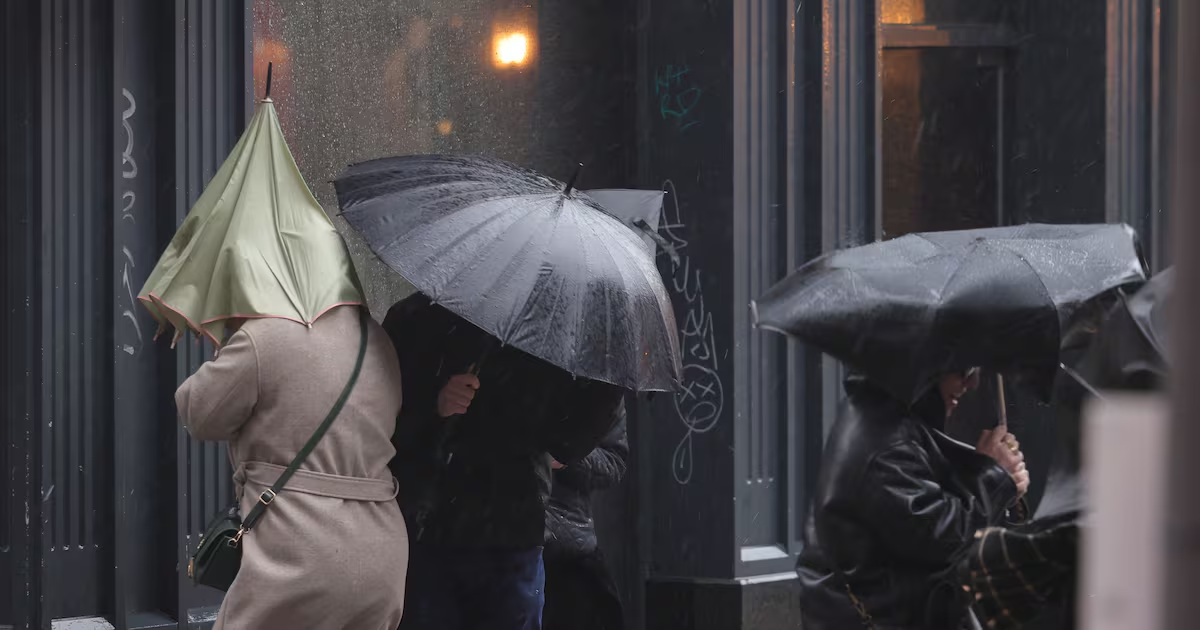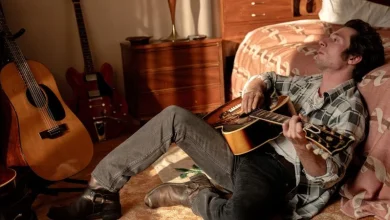Carey said no to GoFundMe as ‘people might think it’s related to his sister’
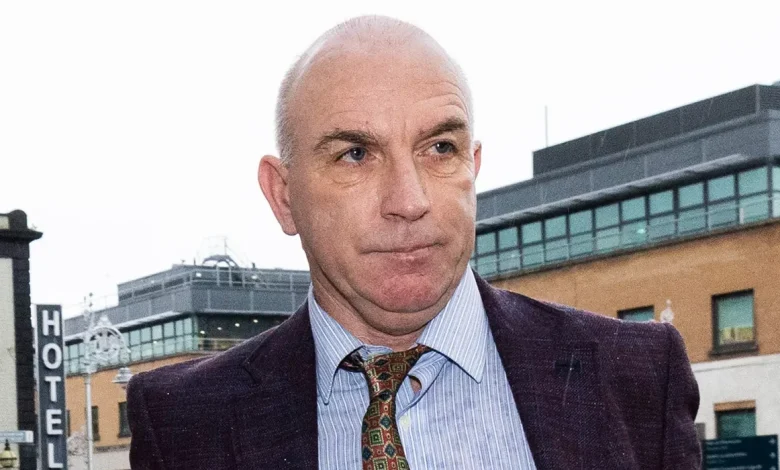
DJ Carey told one of his victims he was against the idea of setting up a crowd-funding page for his fake medical bills because ‘people might think it’s related to his sister’.
Christy Browne was one of 13 people named in court this week to have generously donated to Carey or raised money for his supposed cancer treatment, only to later realise they had been tricked.
Mr Browne told Extra.ie yesterday he had suggested setting up a page on GoFundMe – a crowd-funding platform where the public can donate towards a cause via a web page – when the former Kilkenny hurler first asked him for money.
DJ Carey. Pic: Collins Courts
Mr Browne explained: ‘But [Carey] said, “no, don’t do a GoFundMe page,” because there is a possibility then that with the Carey name, they might actually think it’s related to his sister.
‘I said, “Oh yeah. They might put two and two together with the sister and what she had done.”‘
Carey’s sister Catriona Carey, a former Ireland hockey international and camogie player, has been charged with money-laundering offences.
Instead, Mr Browne told Extra, he ‘went around with two friends of mine and we got money together to hand over to him. So I kind of feel, not only did I have to explain myself to a lot of people, I had to go back to my friends then and realised, “OK I was tricked into this, and then I [gave] misinformation to them,”‘ he said.
The victim had conversations with DJ Carey ‘over a long time’ on the phone and through WhatsApp.
‘And then people are giving me money to give to him,’ he said. ‘Then I had to go back to them and explain to them, “Well actually, Jesus, you’re not going to believe this.”‘ Mr Browne was named as a victim of DJ Carey along with former Clare hurler Tony Griffin in court this week.
He had known Carey personally through his father, who, like the Kilkenny GAA great, was ‘a very accomplished hand-baller’.
Catriona Carey. Pic: Collins Courts
Carey had told him he was short of money to fly to Seattle for vital cancer treatment when he first got in touch.
He texted Mr Browne a week after the money was handed over to say the treatment was done and he would be in touch when he got back.
‘But, sure then there was no contact at all,’ Mr Browne said. ‘After that, I was contacted by a fraud squad.’
Mr Browne had raised money in the community several times before, ‘so it was something maybe he knew I had done – I don’t know.’
‘Now, rather than me being straight away, “Yes, absolutely, I’ll help you out,” I’d nearly have to question everyone who would ring me to help them out,’ he said. ‘That’s why I feel bad about it, and I feel let down by someone I know through a sporting background, and through my father, because my dad is a big sporting man.
‘That they’d contact me, I go out, do my best, and then realise it was for his own benefit, rather than his illness,’ Mr Browne added: ‘I just feel very let down by it and it would affect you going forward.’
Another victim, Thomas Butler, said in an impact statement the revelation ‘was gut-wrenching personally for me as both my parents died of cancer’.
Mr Butler, who gave €16,000 to Mr Carey, continued: ‘I was also a volunteer driver for the Irish Cancer Society and there he was obtaining money by lying that he needed finance to obtain lifesaving cancer treatment.’
In another instance, Carey phoned a man called Aidan Mulligan – who got to know Carey through his wife, Bríd – to offer condolences on the death of Bríd, before asking for money for treatment.
Mr Mulligan later sent the fivetime All-Ireland winner €8,500.

